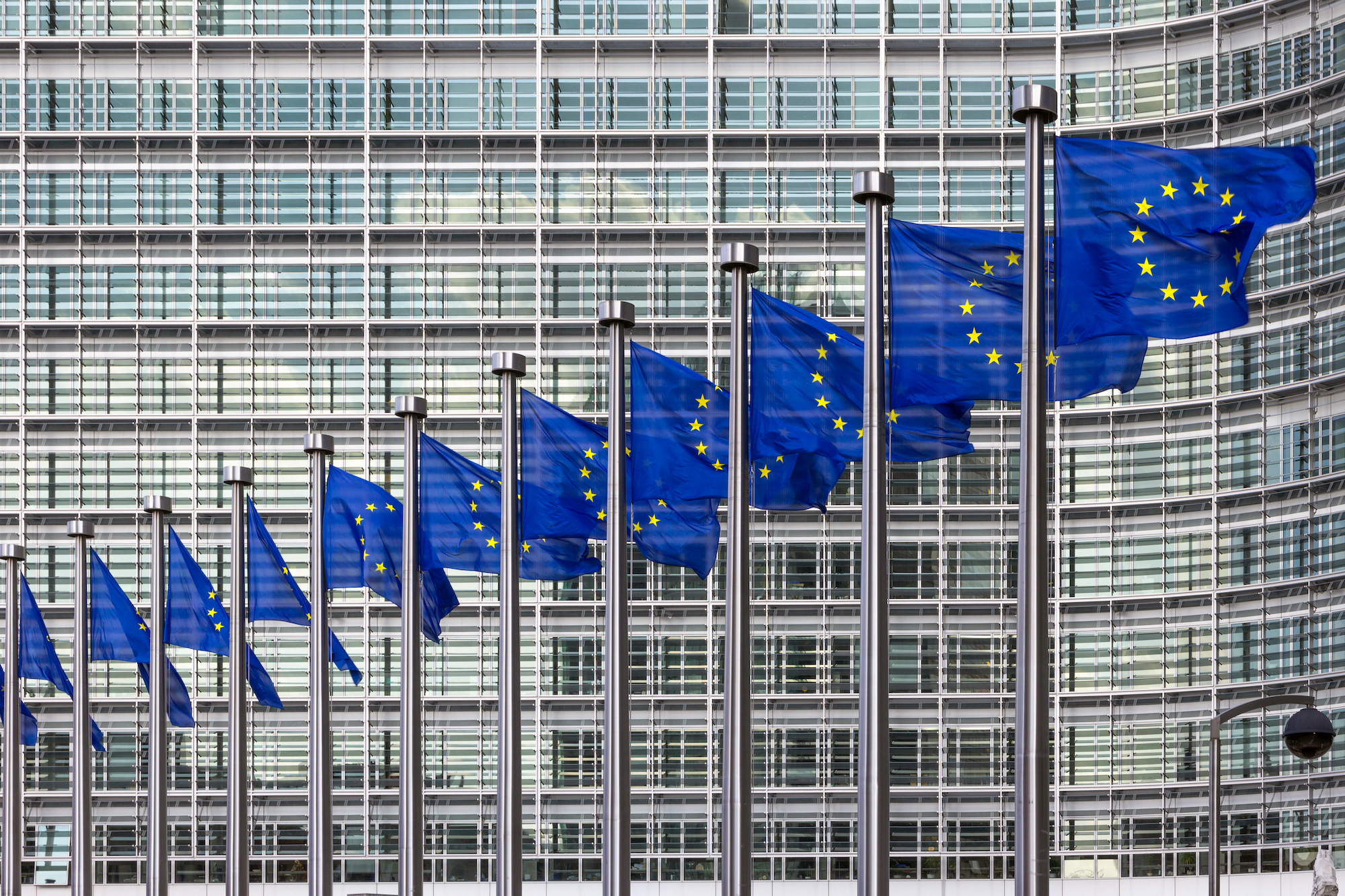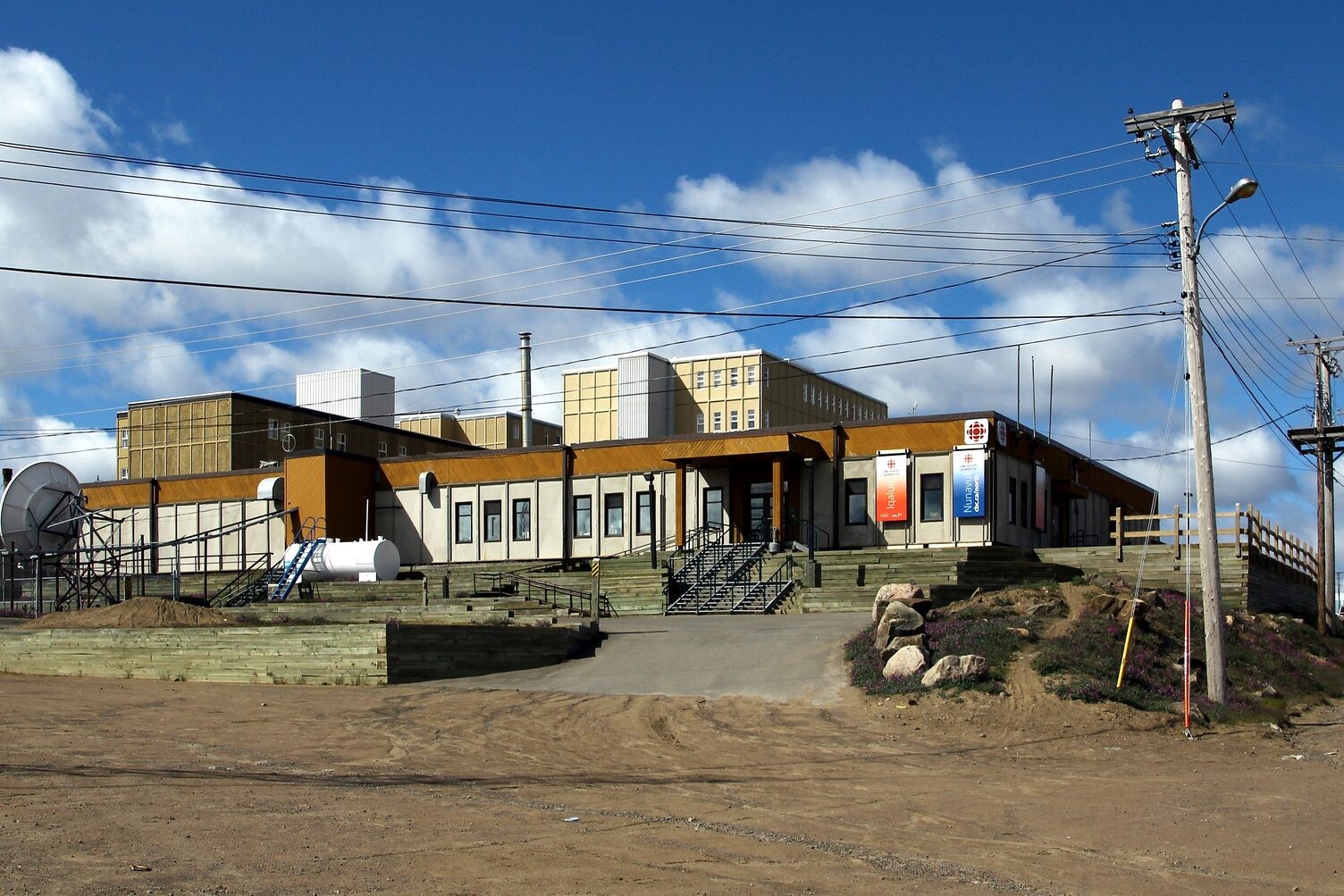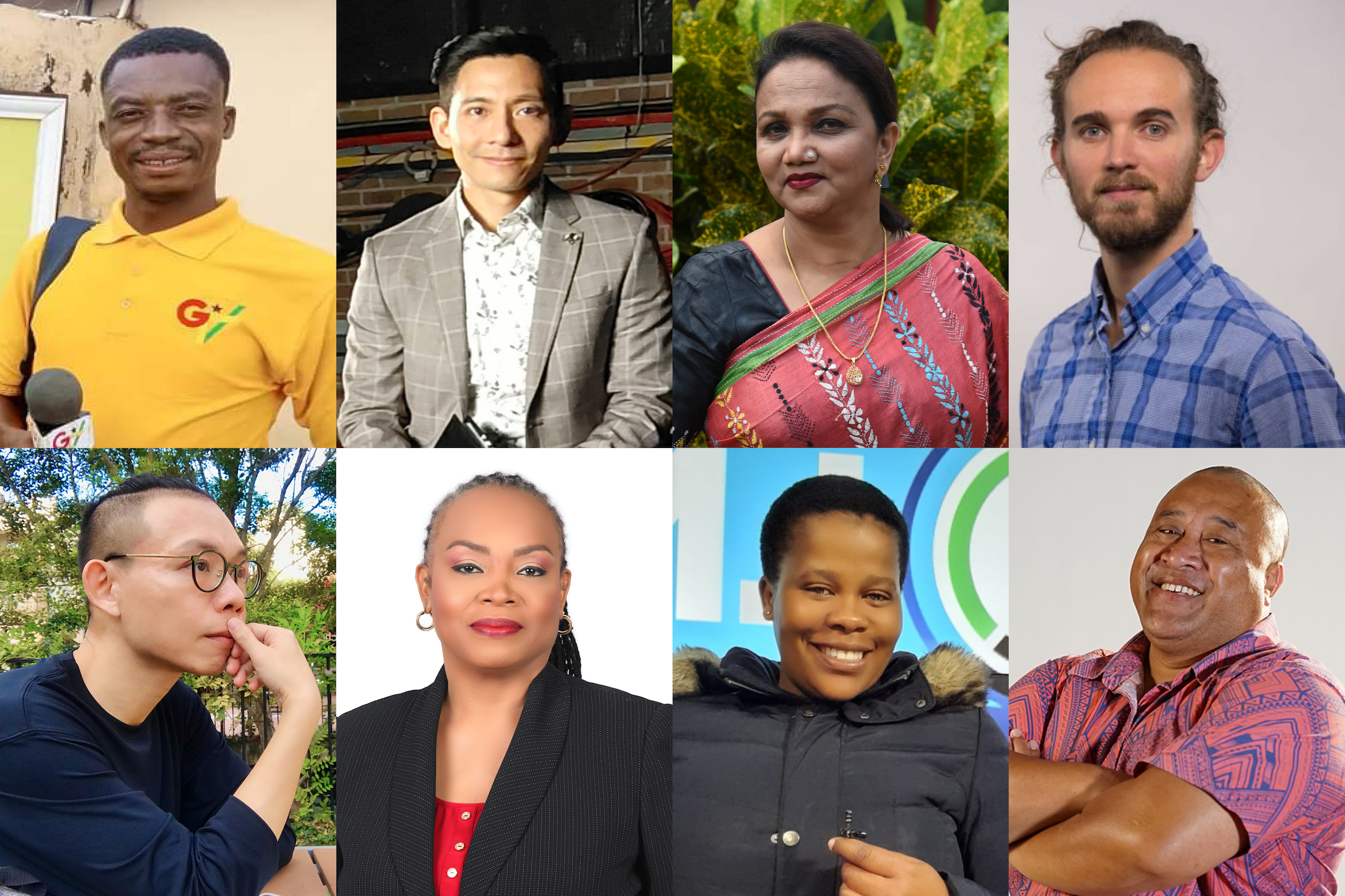Staff highlights of 2023
22nd December 2023
It’s been another busy year for both public media worldwide, and for those of us here at the Public Media Alliance. Here are our top highlights from 2023.
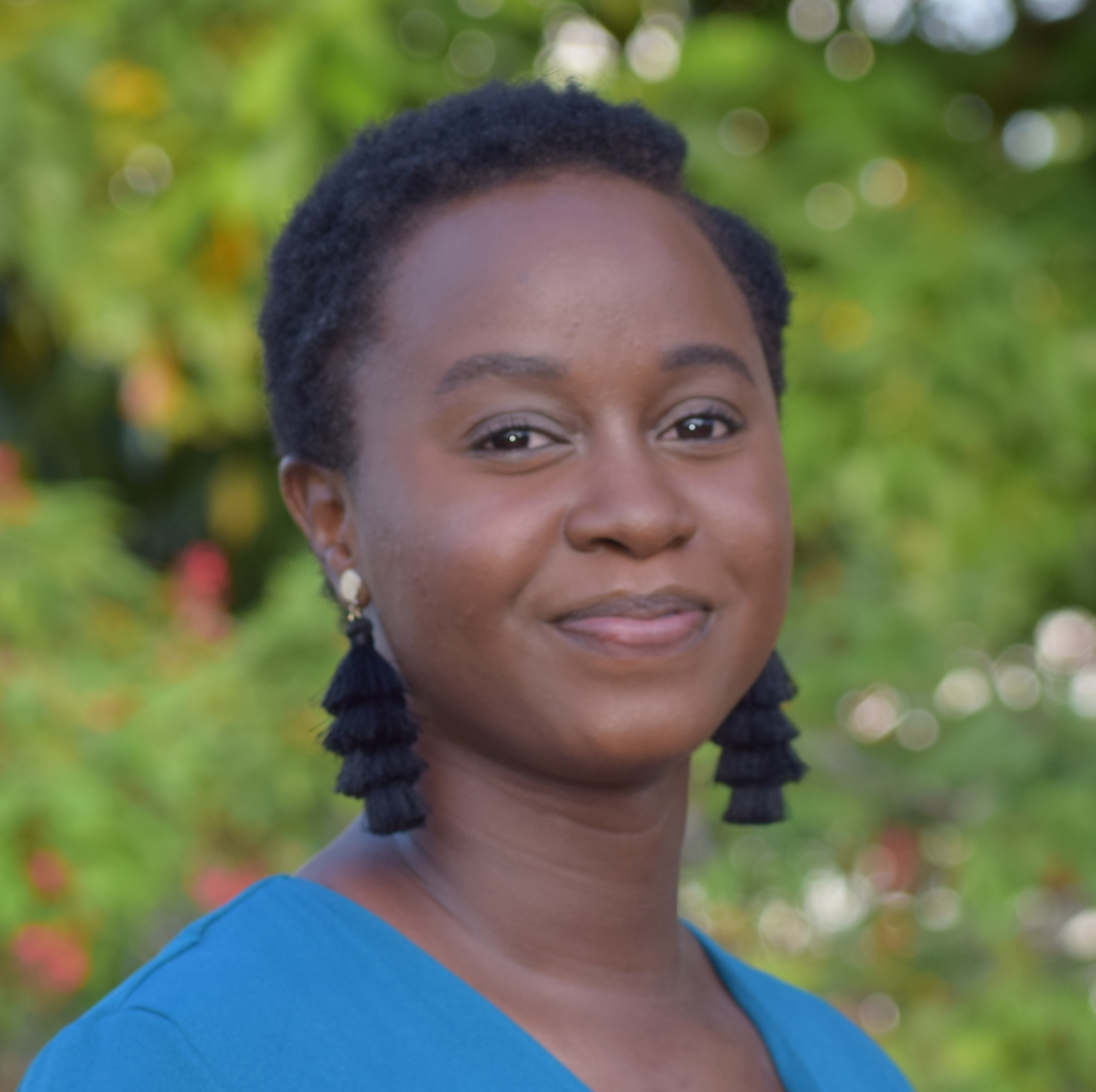
A full return for our projects
Desilon Daniels, Advocacy Coordinator
This year marked an important turning point for PMA: the return of in-person projects after a four-year halt! Personally, this represented my first opportunity to meet beneficiaries face-to-face since I joined the PMA team in 2020. Our projects brought together media stakeholders from across Africa and Asia, benefiting 10 countries in total: participants from Botswana, Mozambique, Nigeria, the Seychelles and South Africa thanks to our digital investigative journalism project, and from Indonesia, Malaysia, the Philippines, Singapore and Thailand for our gender-sensitive reporting project.
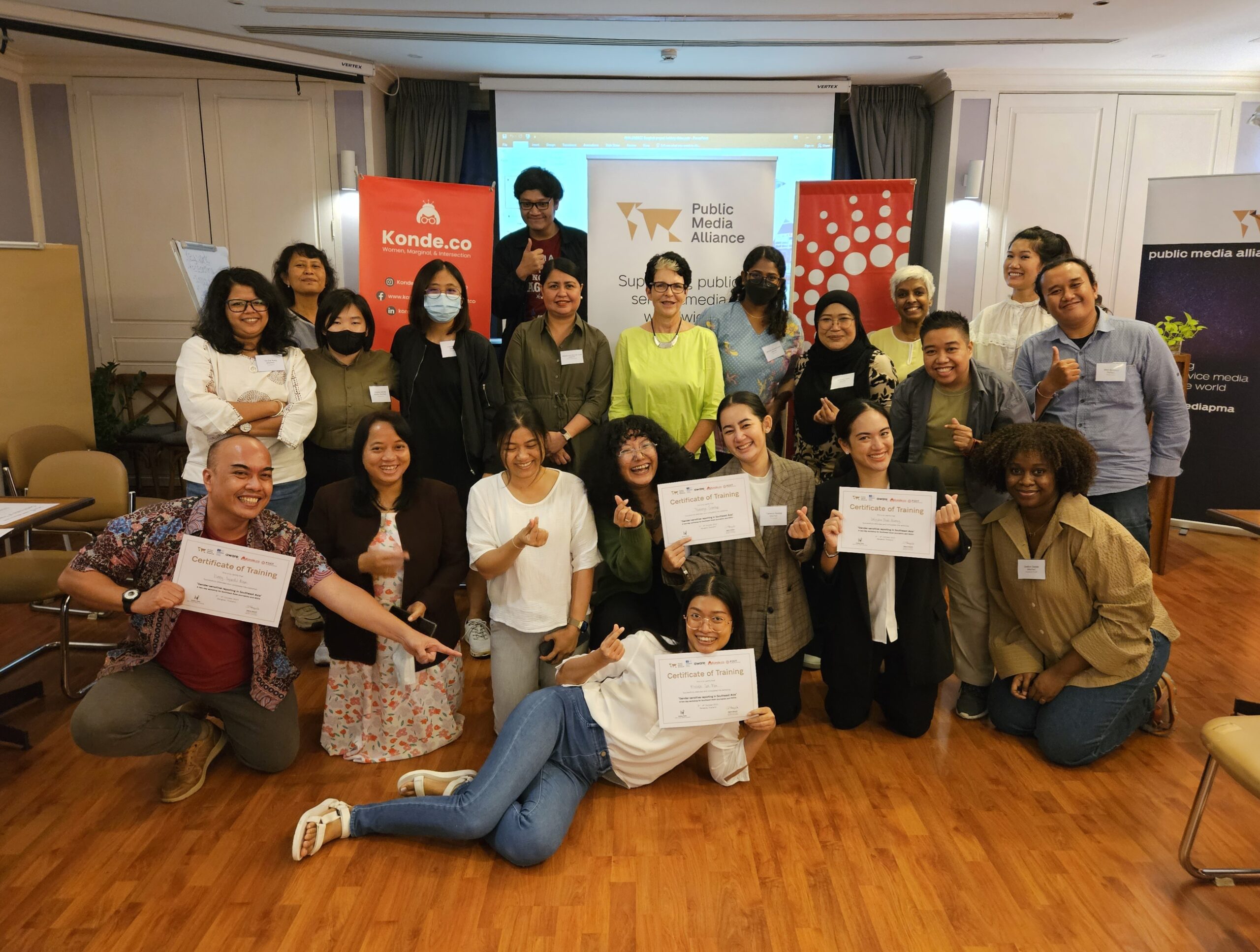
Notably, these projects are among PMA’s largest to date, and indicate the trust and confidence our partners and funders place in us. Though the projects are now complete, they continue to live on in our digital toolkit, action plans, and situation report. It’s been a fantastic year of partnerships, empowering media professionals, and teamwork – and next year promises to be even bigger as we set our sights on new projects! Keep an eye on our website as we’ll soon reveal our next project.
Public media and social media podcasts
Harry Lock, Editorial Manager
What is the relationship between public service media and social media? Over the summer months this year, PMA released a series of three podcasts exploring this dynamic. In my opinion, this question is only becoming more critical. To many, third-party platforms like Instagram or TikTok are part of the solution to public media’s urgent challenge of reaching younger audiences, to whom public media is old-fashioned and outdated. Public media simply has to be on such platforms to provide these audiences with impartial, verified, and trusted information. But this series looked at the cost of this decision. Social media platforms, as RTBF’s Director General, Jean-Paul Philippot says in the first episode of the series, are fairly problematic. They are, to a large extent, unaccountable. They can make executive decisions such as Meta removing news services in Canada or Twitter labelling public media accounts as “Government-funded media”. But what is the solution? Subsequent episodes in the series looked at whether regulation was the answer, or even the feasibility of establishing a “public service internet”. The series is over, the conversation is not.


EMFA: From fantasy to reality
Charlotte Pion, Journalist & Researcher
The first time I heard about the European Media Freedom Act (EMFA), was two years ago, when Thierry Breton proposed to the European Parliament that the EU should improve media freedom and protect one of the pillars of our democracies. Then, I was still on the bench of university, studying sociology of journalism. His proposal sounded like the projects we were designing as idealist journalist students, dreaming of an independent and pluralist media market. We were wondering how we could better European democracy by improving journalism and the situation of journalists in Europe – and then came the EMFA. As much as it was ground-breaking for me that the EU would focus on media and journalism, I remained sceptical that the Act would one day become reality. Like many EU processes, things take time – a long long time – and some projects do not even see the light of day. Until last Friday. As a young journalist, I was amazed to hear that despite all the obstacles, an agreement was finally reached on the EMFA. When we wrote this piece for PMA, I felt the wind of change coming from afar. It is a sign of hope for the independence of media, for the protection of journalists and most of all, for the safeguard of European democracy.

Ahead of the year of elections, PSM needed more than ever
Kristian Porter, CEO
“There has never been more need for trusted public service media, yet nor has it been more under threat”.
I have repeated this sentence a lot this year in meetings with our members, other media stakeholders, at conferences, and during our projects around the world – from Canada and Antigua to Taiwan and South Korea.
While for many this time of year is a time of celebration and coming together, it is also a time for reflection. And sadly, despite the crucial role in underpinning informed society and democracy, the challenges facing independent public service media have grown apace.
Although 2023 started with some positive news that privatisation plans for Brazil’s EBC and the UK’s Channel 4 were being dropped, it culminates with Argentina’s new president threatening to privatise the country’s public broadcasting and news agency network.
Indigenous representation & roundtable
Jamie Tahana, Editorial Manager
It’s been a big year for Indigenous representation in public service media, organisations have come under criticism for their lack of diversity, others have had to delicately handle highly political developments for Indigenous populations, such as the voice referendum in Australia or a general in election in New Zealand where policies for Māori came under particular focus. Several other broadcasters have been busy developing Indigenous strategies, recognising their role in shaping national discourse, and launching new stations and services to bolster Indigenous storytelling and build trust with Indigenous communities.
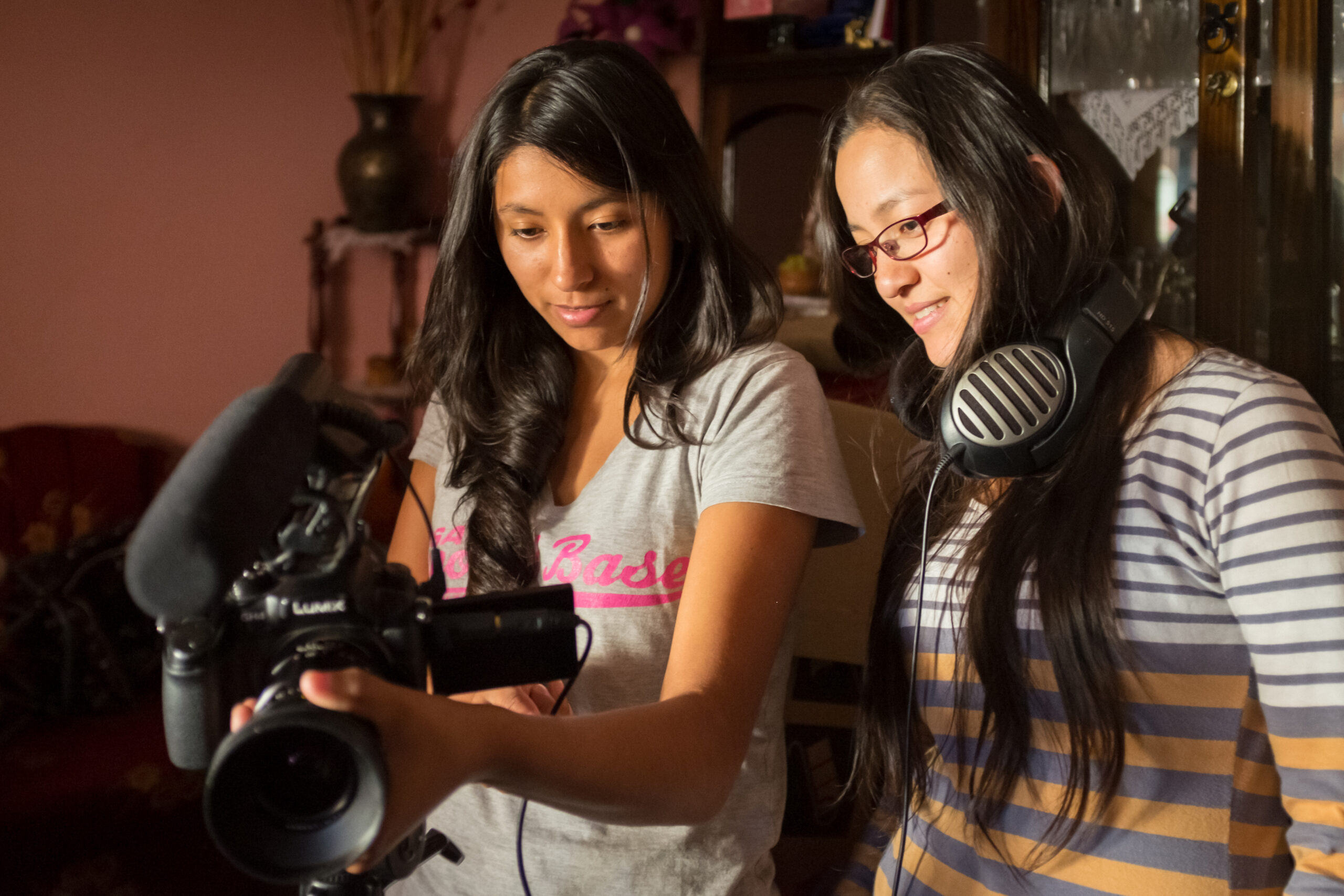
Public service media have a duty to represent diversity, and this was explored in a roundtable the Public Media Alliance hosted in August, with member organisations from across the Pacific, the US and Europe. It explored many aspects of Indigenous media, including the importance of fostering and nurturing connections and partnerships, revitalising languages, acknowledging failures, and the unequal burden often shouldered by Indigenous journalists.
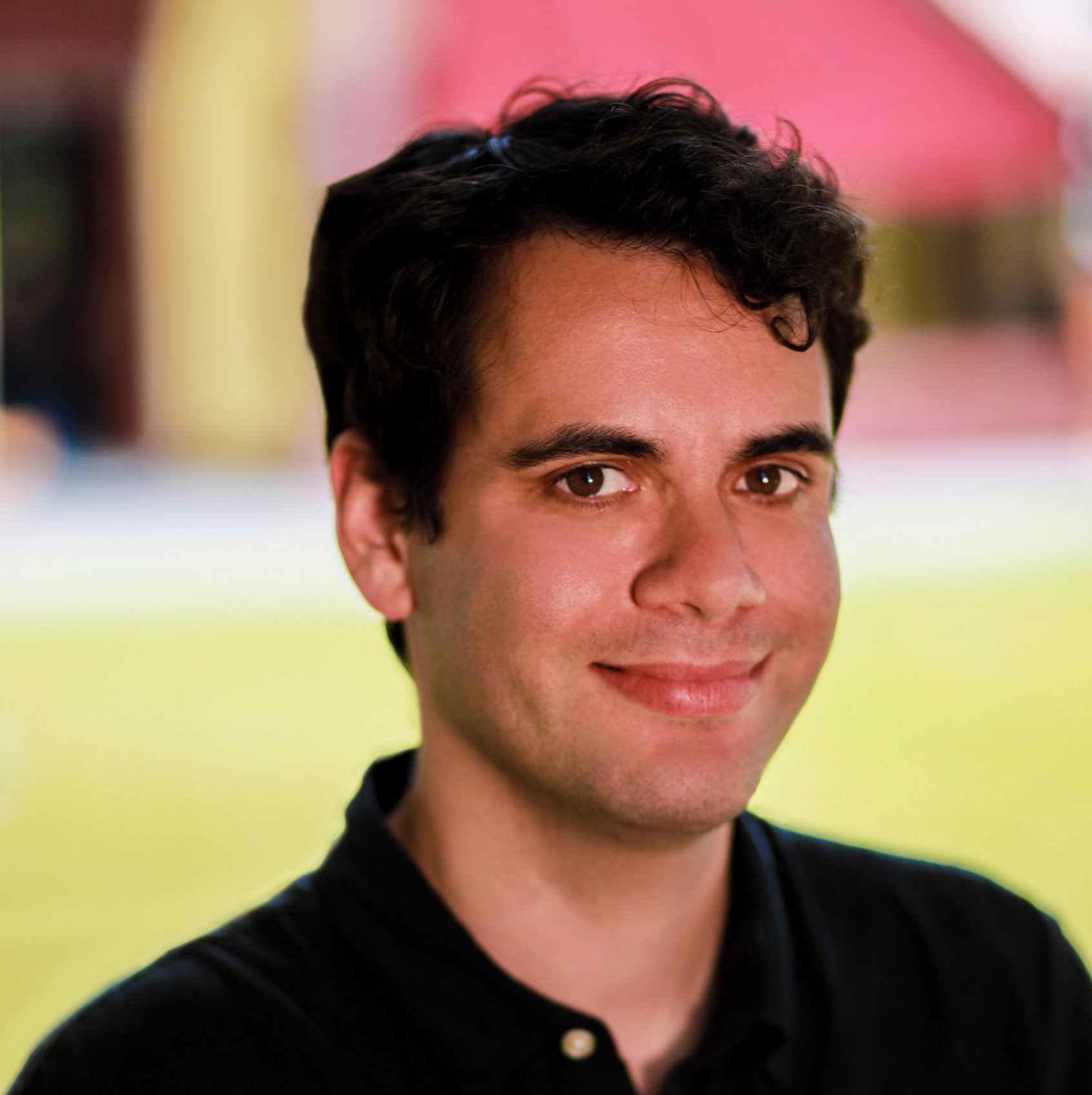
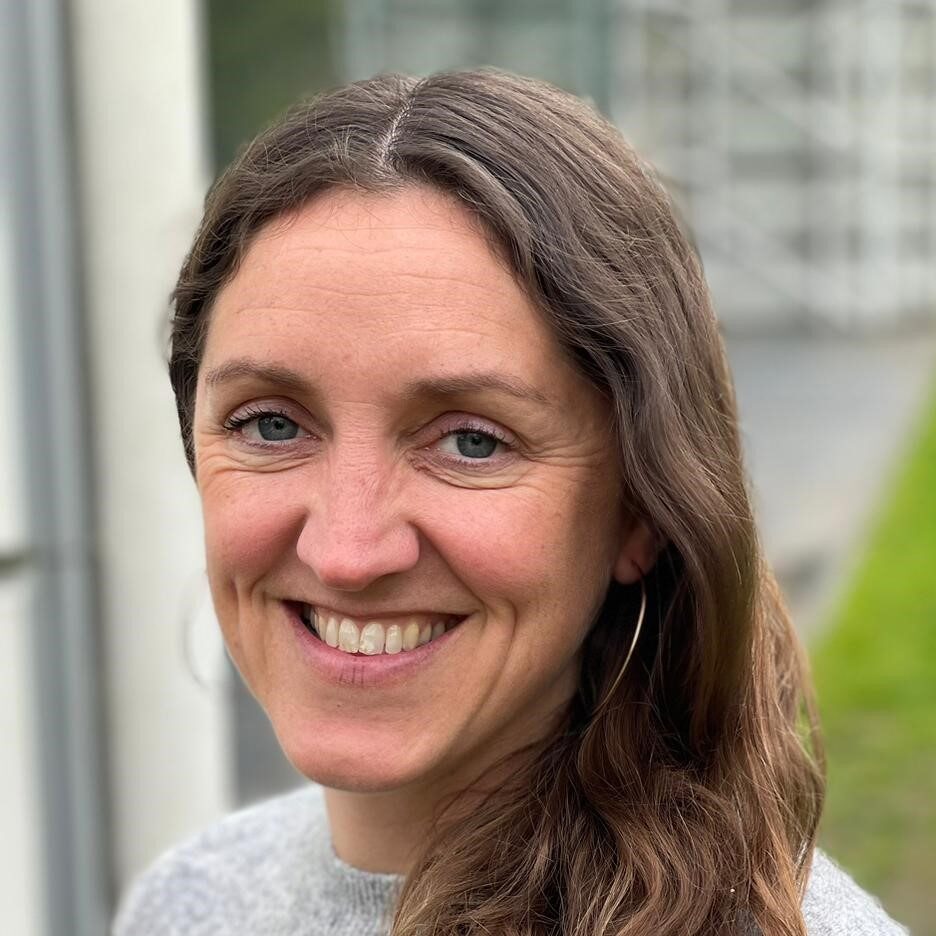
The Global Grants class of ’22
Keiran Turner, Development and Communications Officer
I joined Public Media Alliance earlier this year and was immediately caught up in the excitement of PMA’s returning Global Grantees. Our successful grantees had travelled across the globe in search of new experiences, the chance to upskill and build professional networks within Public Service Media and beyond. What struck me the most when witnessing these exchanges was how important the visits were for a wider exchange of knowledge and camaraderie in an often chaotic and tough industry.

We live in an ever-connected world thanks to communications technology and social media, yet seeing the grantees learning on the ground still offered them a deeper insight and the opportunity to bridge the gap between the world of PSM. New ideas were shared, projects discussed, and friendships made. I am excited to oversee the Global Grants scheme yet again next year and feel privileged to have joined this alliance, group, family. Whatever the word – we’re in it together.
Featured image: Mo Lin, SBS Mandarin Producer, interviews a member of the community in Launceston, TAS. Credit: SBS
Related Posts
22nd August 2023
PSM Unpacked | Connecting with and serving Indigenous audiences
Our global membership recently joined…
